5 Ways to Protect Dogs with Lyme Disease Vaccine
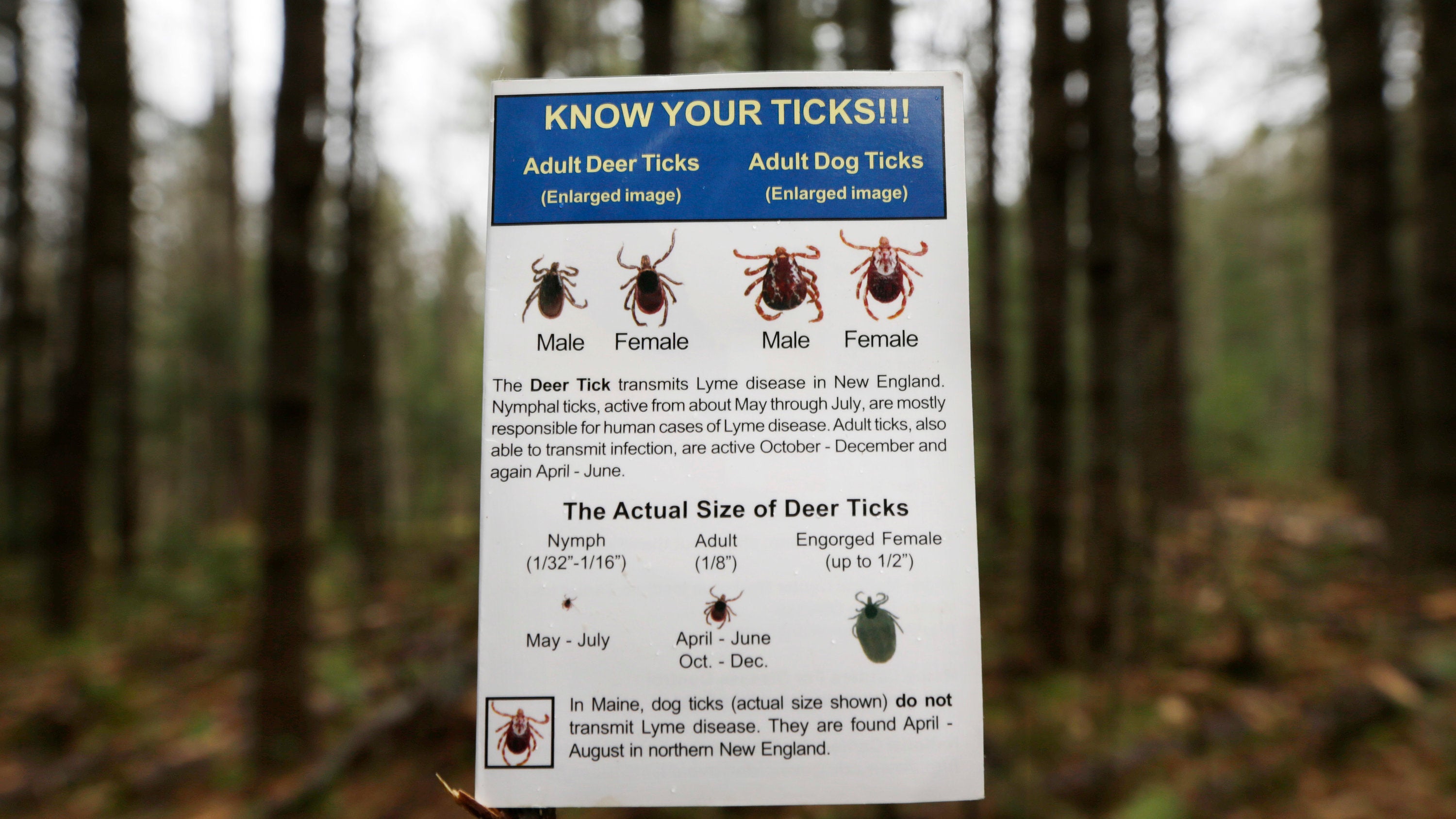
Understanding Lyme Disease in Dogs

As a dog owner, it’s essential to be aware of the risks of Lyme disease, a bacterial infection caused by Borrelia burgdorferi that can be transmitted to dogs through the bite of an infected tick. Lyme disease can lead to a range of symptoms in dogs, including fever, joint pain, and kidney damage. In severe cases, it can even be fatal.
What is the Lyme Disease Vaccine for Dogs?

The Lyme disease vaccine for dogs is a preventive measure designed to protect dogs against Lyme disease. The vaccine works by stimulating the dog’s immune system to produce antibodies that recognize and fight the Borrelia burgdorferi bacteria.
5 Ways to Protect Dogs with Lyme Disease Vaccine
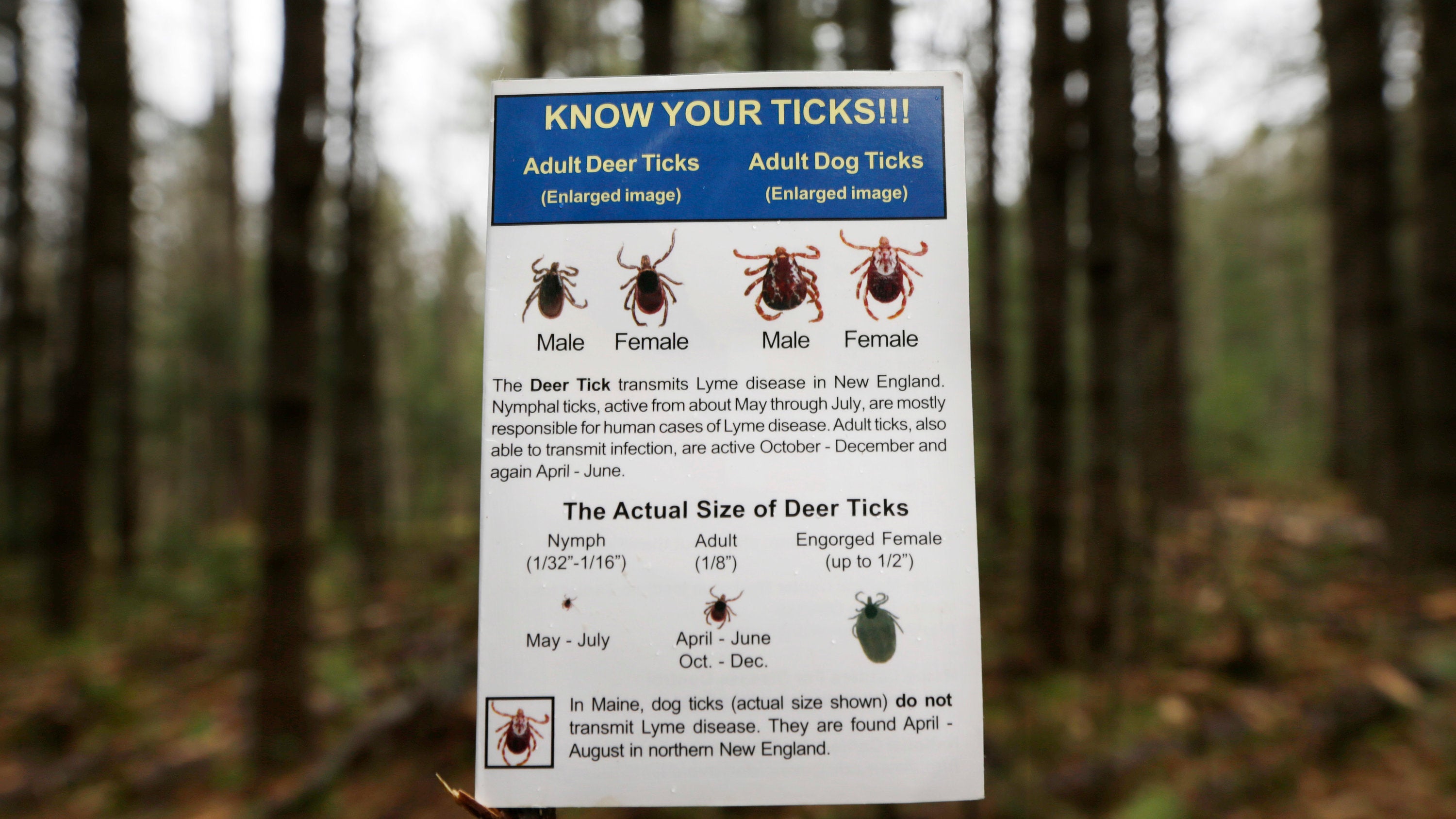
Here are five ways to protect dogs with Lyme disease vaccine:
1. Consult with Your Veterinarian
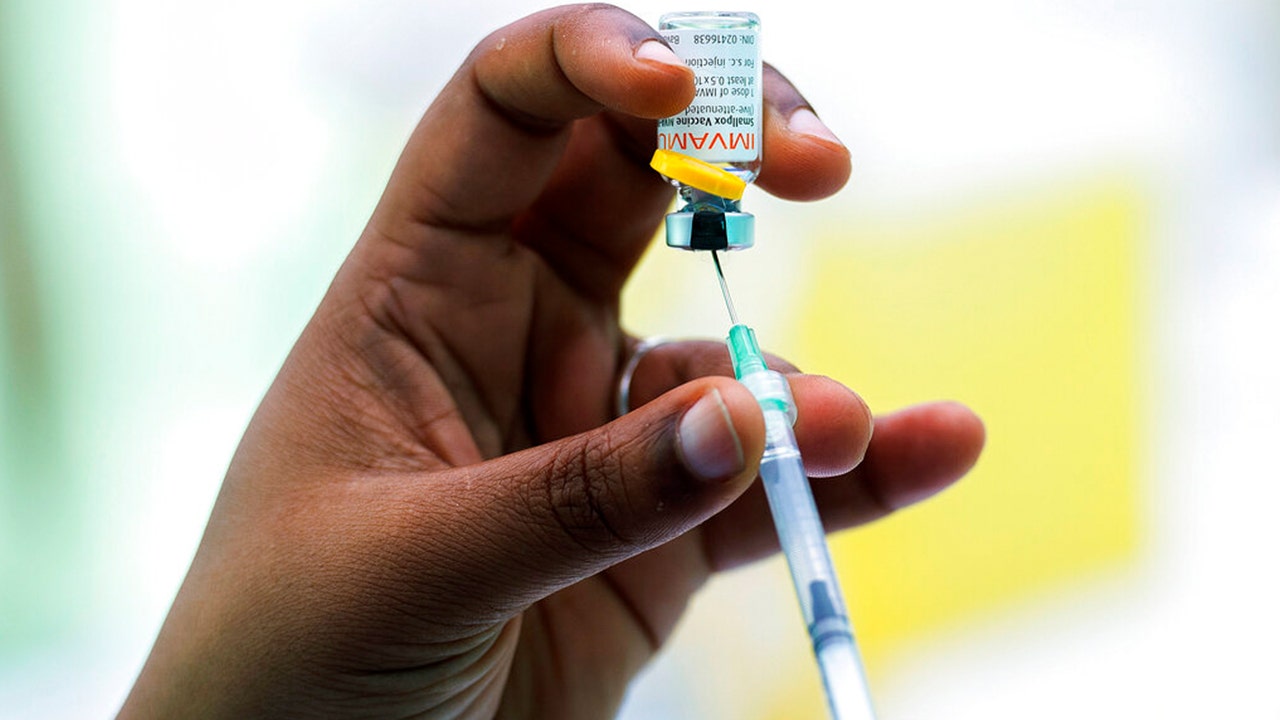
Before getting your dog vaccinated, it’s crucial to consult with your veterinarian to determine if the vaccine is right for your dog. Your veterinarian will assess your dog’s risk of exposure to Lyme disease based on factors such as your location, the time of year, and your dog’s lifestyle.
2. Choose the Right Vaccine

There are several Lyme disease vaccines available for dogs, and your veterinarian can help you choose the best one for your dog. Some vaccines are designed to protect against multiple strains of the bacteria, while others may only protect against a single strain.
3. Follow the Vaccination Schedule
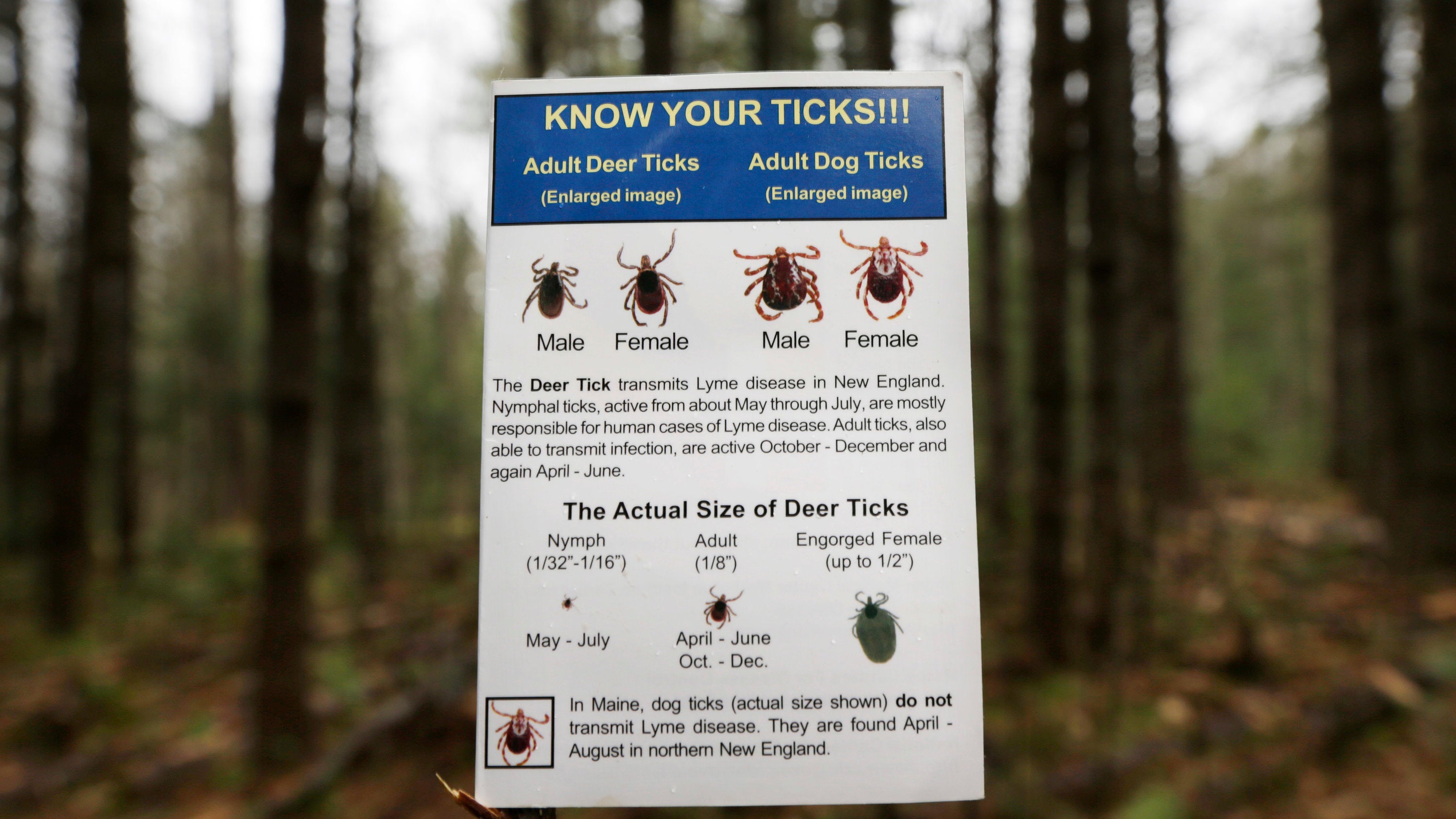
To ensure maximum protection, it’s essential to follow the vaccination schedule recommended by your veterinarian. Typically, the initial vaccination series consists of two to three doses, followed by annual boosters.
4. Combine with Other Preventive Measures

While the Lyme disease vaccine is an effective preventive measure, it’s not a substitute for other methods of tick control. To provide comprehensive protection, combine the vaccine with other preventive measures such as:
- Using tick preventatives such as topical treatments or collars
- Conducting regular tick checks on your dog
- Removing attached ticks promptly and correctly
- Avoiding areas with high grass and leaf litter where ticks are common
5. Monitor for Side Effects

As with any vaccine, there is a small risk of side effects with the Lyme disease vaccine. Monitor your dog for signs of side effects such as:
- Mild reactions such as redness, swelling, or pain at the injection site
- More severe reactions such as hives, itching, or difficulty breathing
If you notice any side effects, consult with your veterinarian immediately.
🐕 Note: While the Lyme disease vaccine is an effective preventive measure, it's not 100% effective. Continue to monitor your dog for signs of Lyme disease and report any suspicious symptoms to your veterinarian promptly.
In addition to these steps, it’s essential to be aware of the signs of Lyme disease in dogs, which can include:
- Fever
- Joint pain or swelling
- Kidney damage
- Heart problems
- Neurological symptoms such as seizures or paralysis
If you suspect that your dog has contracted Lyme disease, consult with your veterinarian promptly for proper diagnosis and treatment.
Lyme Disease Vaccine Effectiveness

The effectiveness of the Lyme disease vaccine in dogs has been extensively studied, and the results are promising. According to the American Animal Hospital Association (AAHA), the Lyme disease vaccine has been shown to be 80-90% effective in preventing Lyme disease in dogs.
| Vaccine Type | Effectiveness |
|---|---|
| Lyme disease vaccine | 80-90% |

While the Lyme disease vaccine is an effective preventive measure, it’s essential to remember that no vaccine is 100% effective. Continue to monitor your dog for signs of Lyme disease and report any suspicious symptoms to your veterinarian promptly.
As a dog owner, it’s essential to be proactive in protecting your dog against Lyme disease. By following these five steps and consulting with your veterinarian, you can help keep your dog safe from this debilitating disease.
The key to protecting dogs with Lyme disease vaccine is to be aware of the risks, consult with your veterinarian, choose the right vaccine, follow the vaccination schedule, and combine with other preventive measures.
Is the Lyme disease vaccine safe for my dog?

+
The Lyme disease vaccine is generally considered safe for dogs. However, as with any vaccine, there is a small risk of side effects. Consult with your veterinarian to discuss the potential risks and benefits of the vaccine for your dog.
How often does my dog need to be vaccinated against Lyme disease?

+
The frequency of vaccination depends on several factors, including your dog’s risk of exposure to Lyme disease and the type of vaccine used. Consult with your veterinarian to determine the best vaccination schedule for your dog.
Can I use the Lyme disease vaccine in conjunction with other tick preventatives?
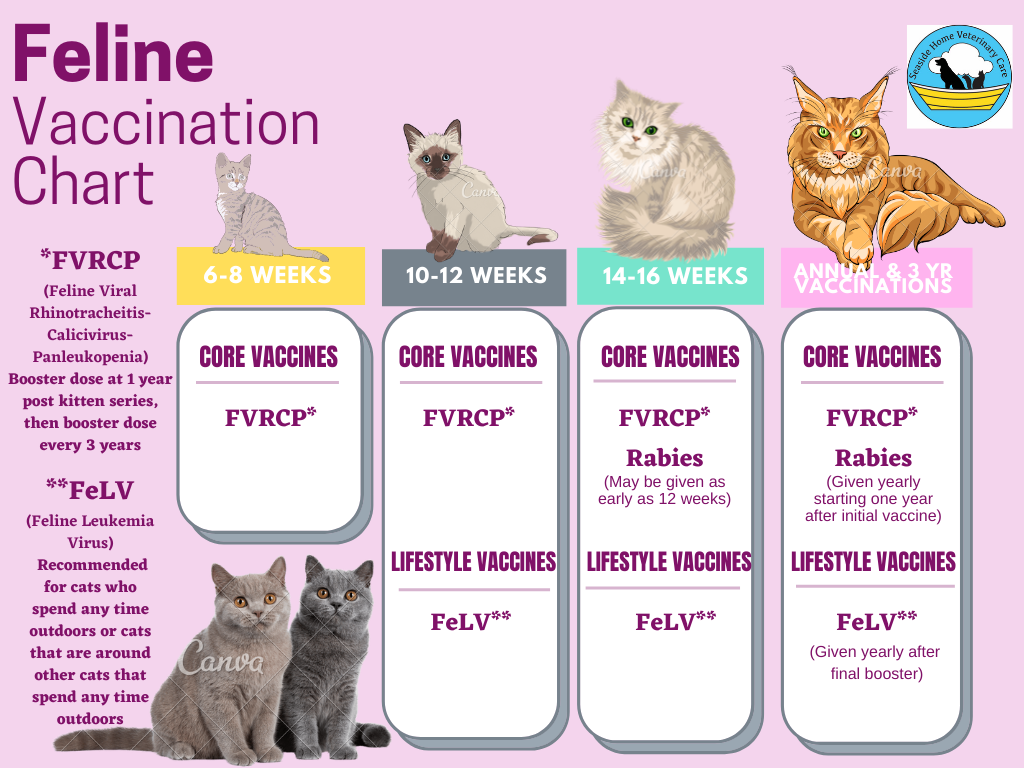
+
Yes, the Lyme disease vaccine can be used in conjunction with other tick preventatives such as topical treatments or collars. Consult with your veterinarian to determine the best combination of preventive measures for your dog.



